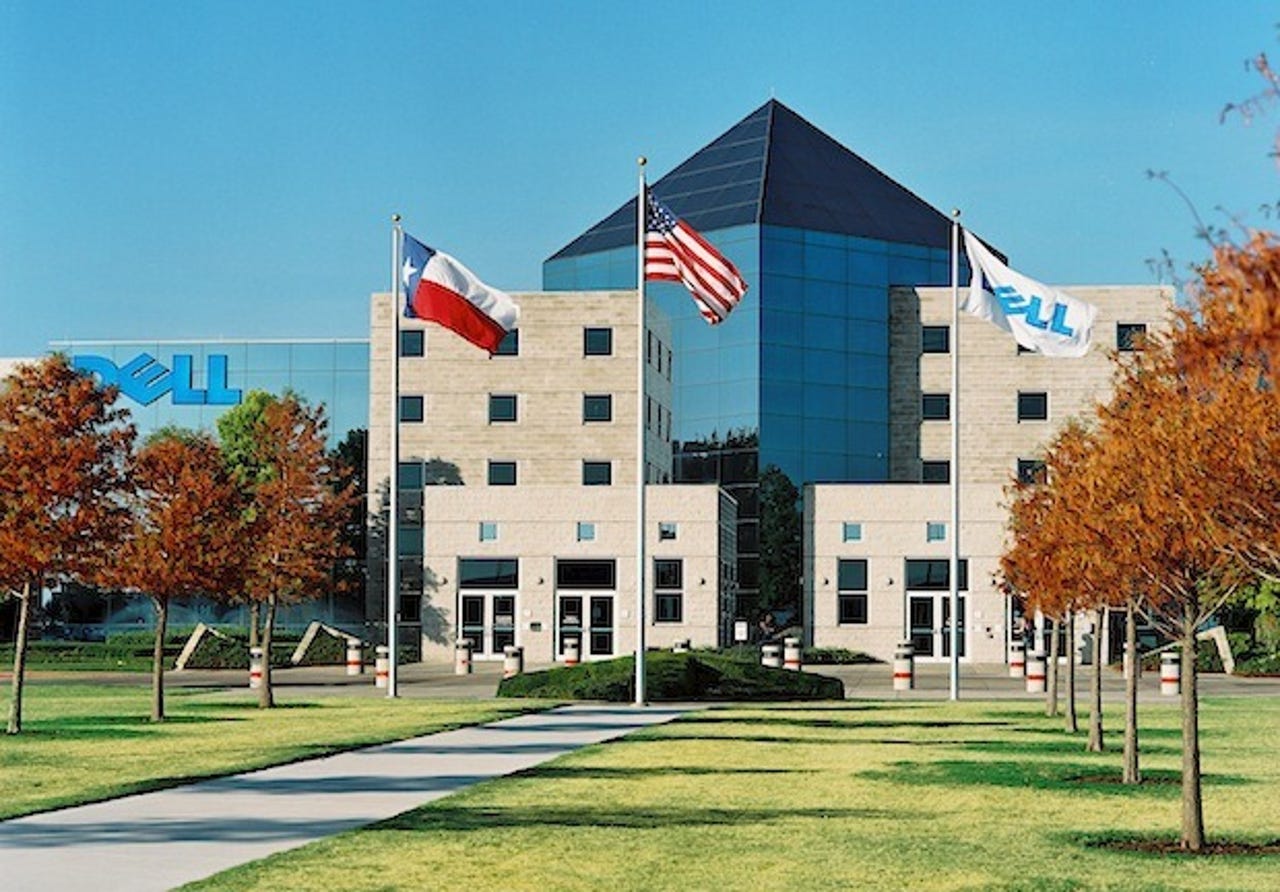Dell completes bid to take company private; stock market pull-out begins


Dell's founder and chief executive Michael Dell has completed his bid to take the company private.
In conjunction with financial backing from investment firm Silver Lake Partners, the company has begun the process to delist its common shares from the Nasdaq stock exchange in New York.
Dell shares will no longer be traded on the stock exchange by market close on Tuesday. The company's stock ($DELL) is, at the time of publication, up 0.2 percent in late-morning trading.
Under the terms of the deal, valued at approximately $24.9 billion, Dell shareholders will receive $13.75 in cash for each share of stock they own, including a cash dividend of 13 cents per share, making a total of $13.88 per share.
Overall, the price is a premium on the $24.4 billion, or $13.65 per share, that was first proposed in February.
Michael Dell said, in prepared comments, the company "enters an exciting new chapter as a private enterprise." He added: "Our 110,000 team members worldwide are 100 percent focused on our customers and aggressively executing our long-term strategy for their benefit."
The deal was approved by the company's shareholders at a September 12 meeting, where Dell's founder and with investors was handed the keys to approximately 75 percent of the company.
On the follow-up analyst call, the company's founder said despite the PC market downturn, the company will "expand our presence in emerging markets," as well as "investing in PCs, tablets, and the virtual computing market."
Dell lost 3.9 percent in share according to Gartner, or 4.2 percent according to IDC figures, in the last quarter alone. The global worldwide PC market is expected to decline by 10 percent through at least 2014, as the race to compete in the tablet space reaches its peak.